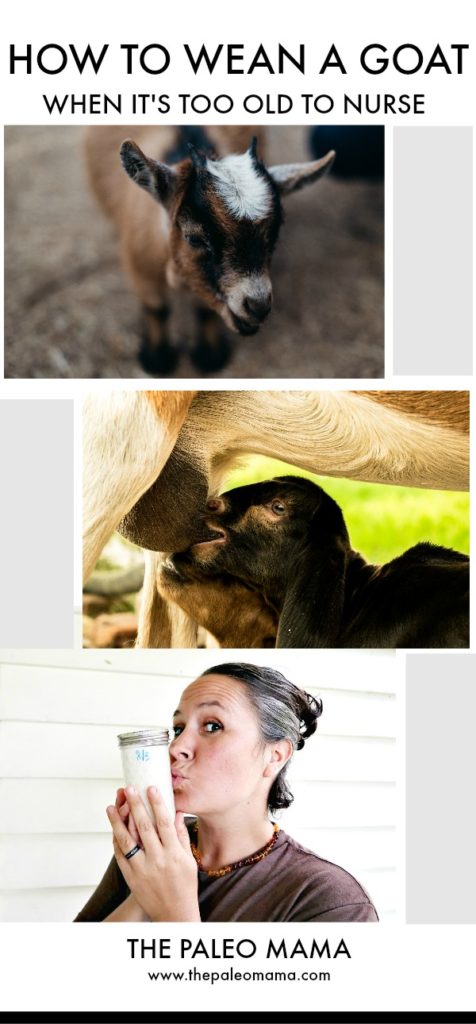Did y’all know that we launch a YouTube channel a few months ago and we have been vlogging every, single day for 2 months?! It has been a BLAST! I mean, it’s another thing to do and to learn about. Who would have thunk that the world of YouTube was so in depth!
But we wanted to better connect with all of you. Social media wasn’t really doing it for us anymore so after much encouragement from many of my blogging friends, especially DaNelle at Weed em & Reap, we decided to official launch our channel and be committed to growing it.
I’d love it if you would subscribe to our channel and watch some of our latest videos…oh and let me know what you think while you are over there.
Our latest video was inspired by Weed em & Reap, who shared a trick for weaning her goat. We have a 5-month old Nigerian Dwarf doeling that is drinking so much milk. I mean all…day…long she is nursing. She’s old enough to be weaned but we don’t want to fuss with separating so we are attempting this trick.
You can watch all about it below and PURRTY PLEASE subscribe!
Related posts and videos:
- Raising Milk Goats YouTube Playlist
- My post on How to Raise Dairy Goats
- Recycled Coffee Table Milk Stand (directions)
